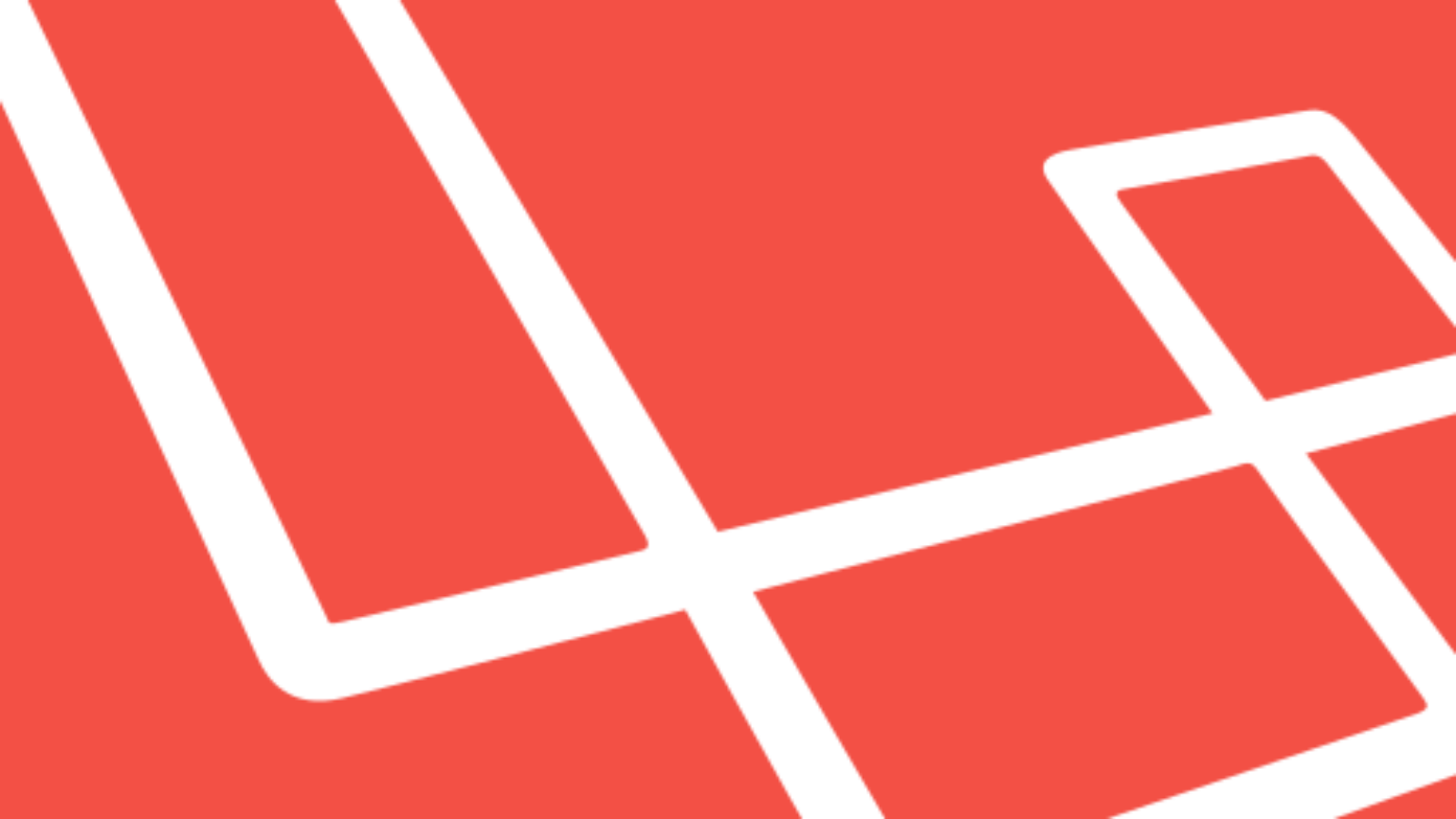Certainly! Here’s a suggested outline for a Laravel framework course content:
Module 1: Introduction to Laravel
- Overview of Laravel framework
- Installation and setup using Composer
- Understanding Laravel directory structure
- Laravel Homestead for local development environment
Module 2: Laravel Basics
- Routing in Laravel
- Creating and managing controllers
- Blade templating engine
- Views and layouts
- Working with routes and route parameters
Module 3: Database Management with Eloquent ORM
- Introduction to Eloquent ORM
- Database configuration in Laravel
- CRUD operations using Eloquent
- Relationships in Eloquent (one-to-one, one-to-many, many-to-many)
- Query scopes and advanced querying
Module 4: Form Handling and Validation
- Laravel form handling
- Request lifecycle
- Form validation using Form Request validation
- Custom validation rules and error messages
- File uploads and validation
Module 5: Authentication and Authorization
- Laravel authentication scaffolding
- User registration, login, and logout
- Password reset functionality
- Authorization using Gates and Policies
- Role-based access control (RBAC)
Module 6: Middleware and HTTP Middleware
- Introduction to middleware in Laravel
- Creating custom middleware
- Middleware for authentication, authorization, and CSRF protection
- Global middleware vs. route-specific middleware
- Handling CORS and other HTTP middleware
Module 7: API Development
- Introduction to API development in Laravel
- Creating RESTful APIs with Laravel
- API authentication using tokens
- API versioning and documentation using Swagger/OpenAPI
- Testing APIs with Postman
Module 8: Testing and Test-Driven Development (TDD)
- Introduction to testing in Laravel
- Writing unit tests, feature tests, and HTTP tests
- Test-driven development (TDD) workflow
- Laravel Dusk for browser automation testing
- Continuous integration and continuous deployment (CI/CD) with Laravel
Module 9: Deployment and Best Practices
- Deployment options for Laravel applications (shared hosting, VPS, cloud)
- Configuring Laravel for production environment
- Best practices for Laravel application deployment
- Application monitoring and error tracking
- Laravel security best practices and securing deployments
This outline provides a structured approach to learning Laravel, covering both the basics and advanced topics. Depending on the audience and learning objectives, you can adjust the depth and breadth of each module. Additionally, including hands-on exercises, quizzes, and real-world projects can enhance the learning experience.


Add a Comment